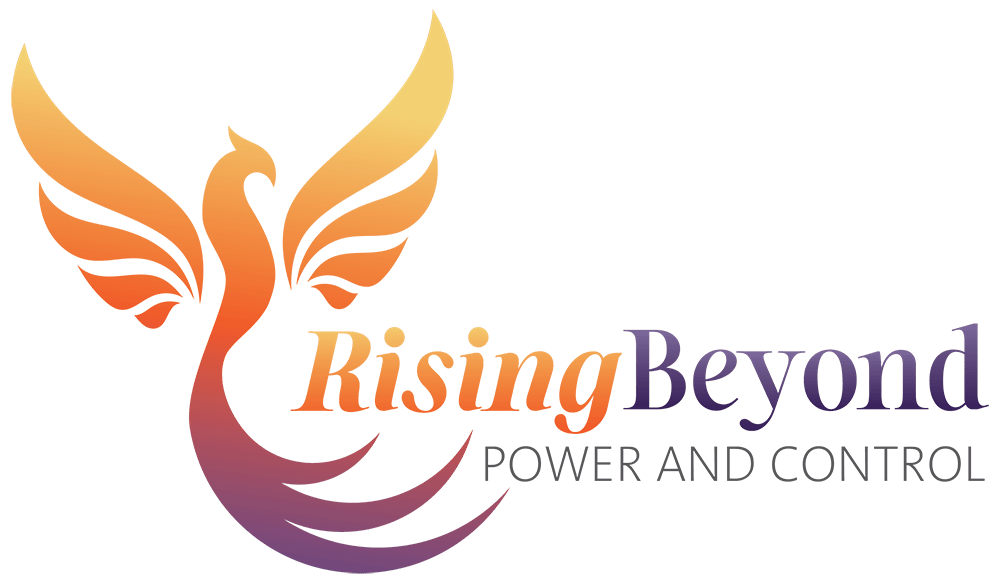 “I have something that’s difficult to share and am wondering if you could sit with me and listen...” Sharing your story of abuse can be extremely difficult, but doing so can be an integral part to finding the support you need to heal. In this PsychCentral article by Hilary I. Lebow and medically reviewed by Kendra Kubala, PsyD, Sybil Cummin, MA, LPC, ACS shares tips to testing the waters to opening up and sharing your story. Read the full article here.
0 Comments
|
AuthorSybil Cummin, MA, LPC, ACS, is a Licensed Professional Counselor who specializes in working with victims and survivors of narcissistic abuse. Archives
March 2024
Categories
All
|
|
Rising Beyond Power and Control is a community providing hope and support for women healing from domestic violence and narcissistic abuse. Facilitated by trained therapists, members gain access to online courses, resources, community forums, and group and individual support to aid in their healing journey.
Please see our Disclaimer. |
About |
Resources |
Member Content
|

 RSS Feed
RSS Feed
